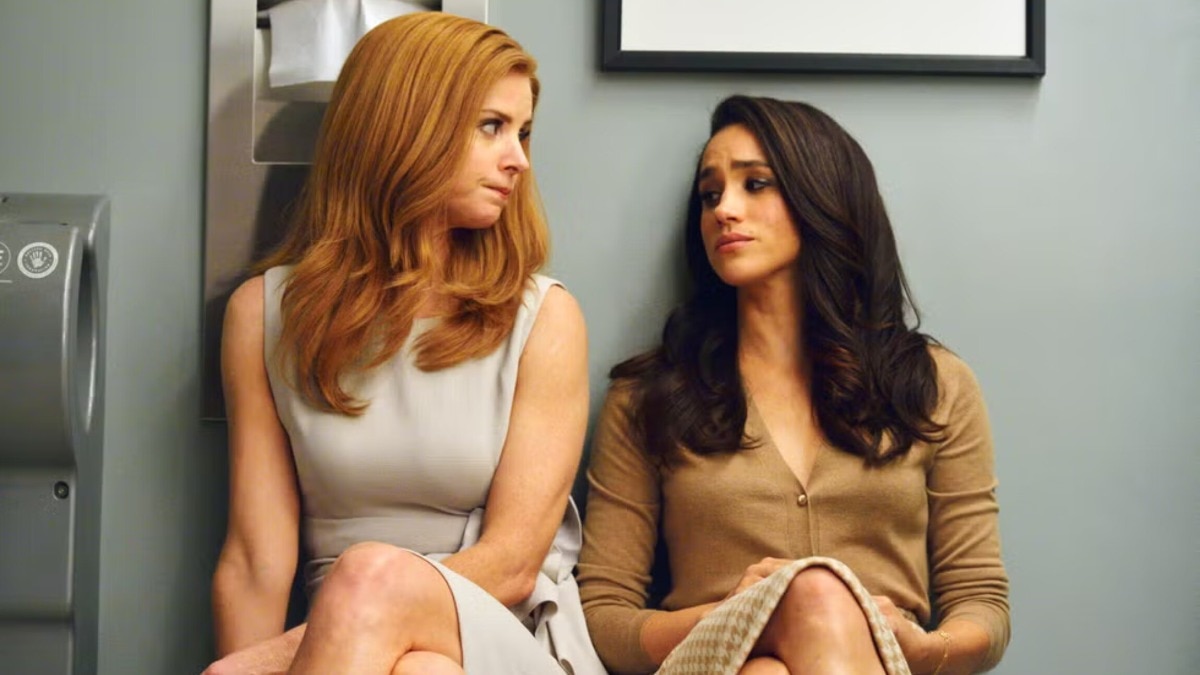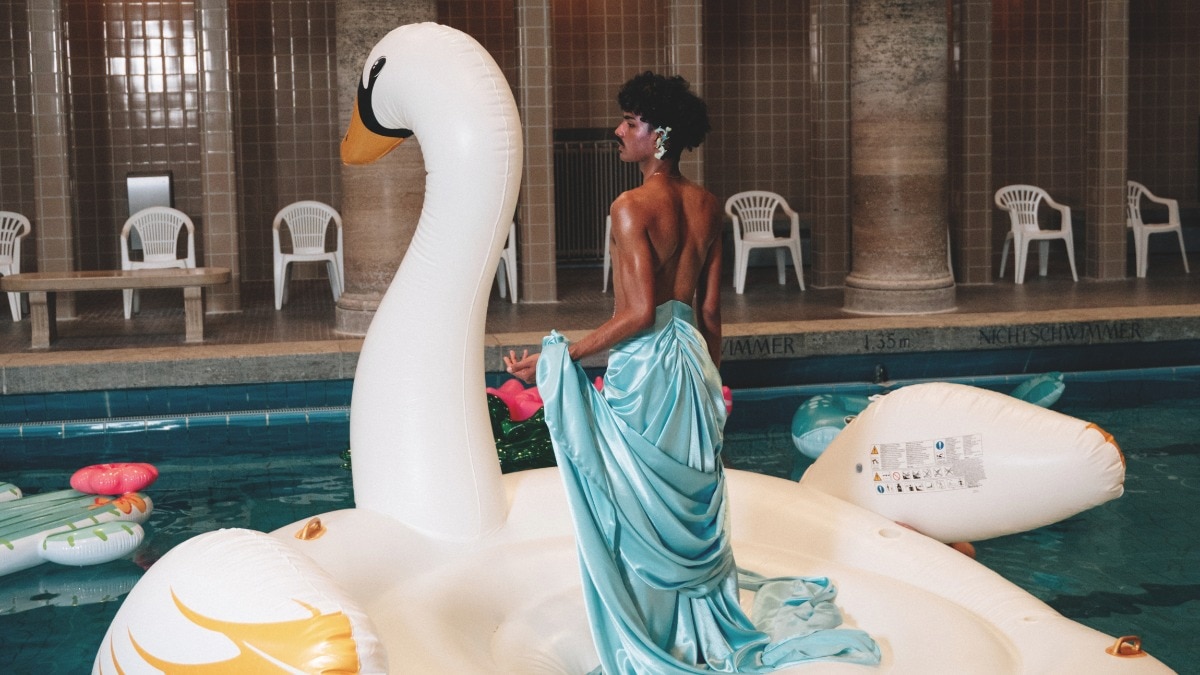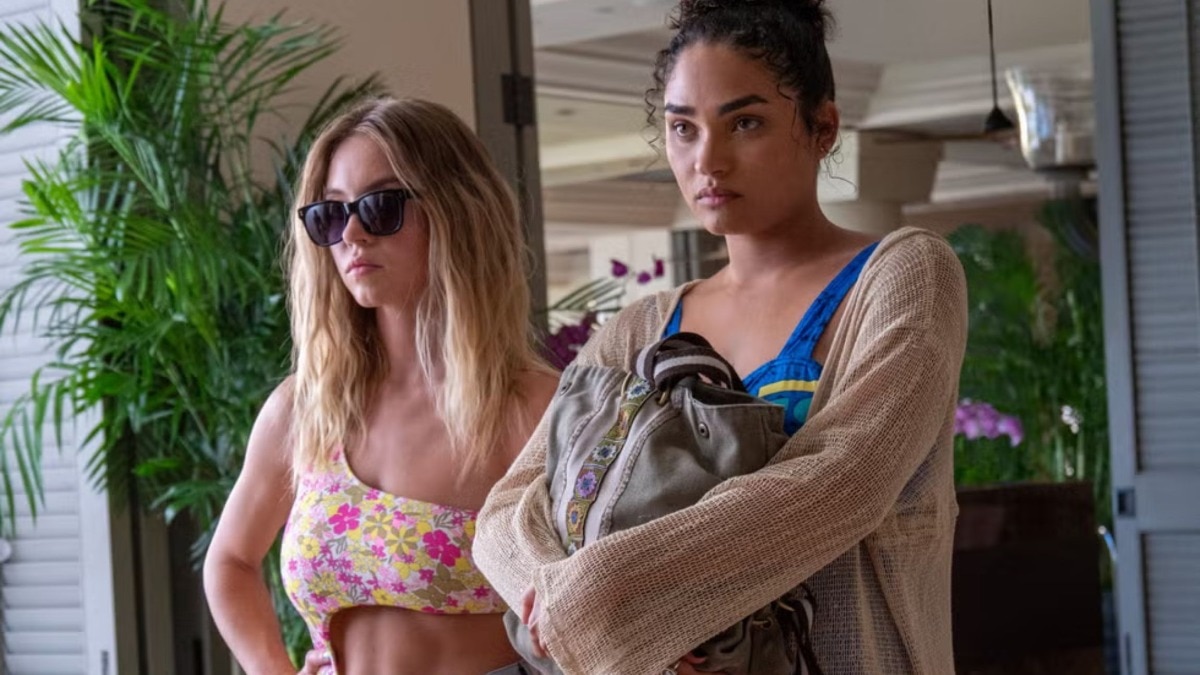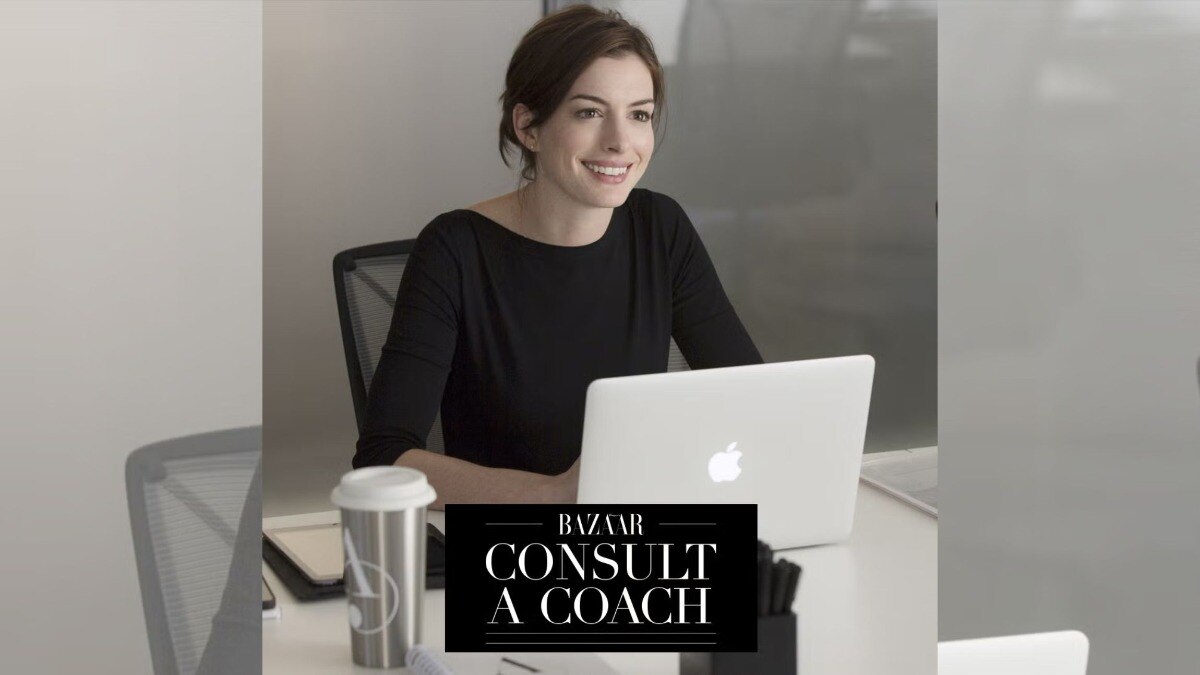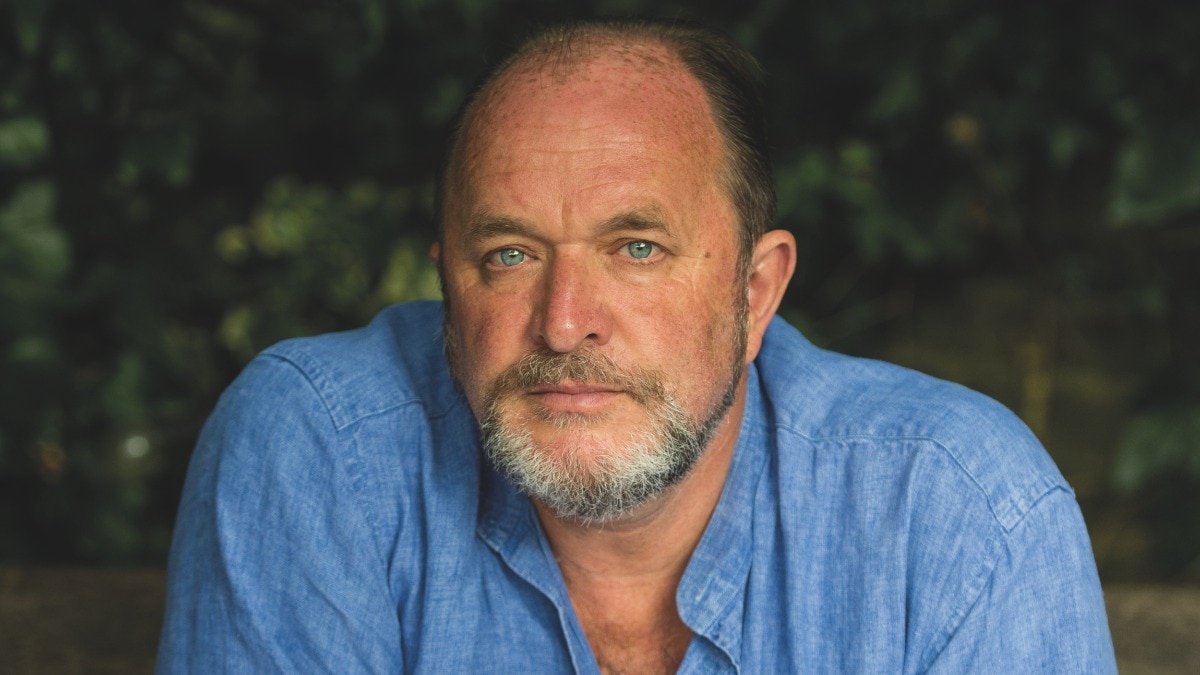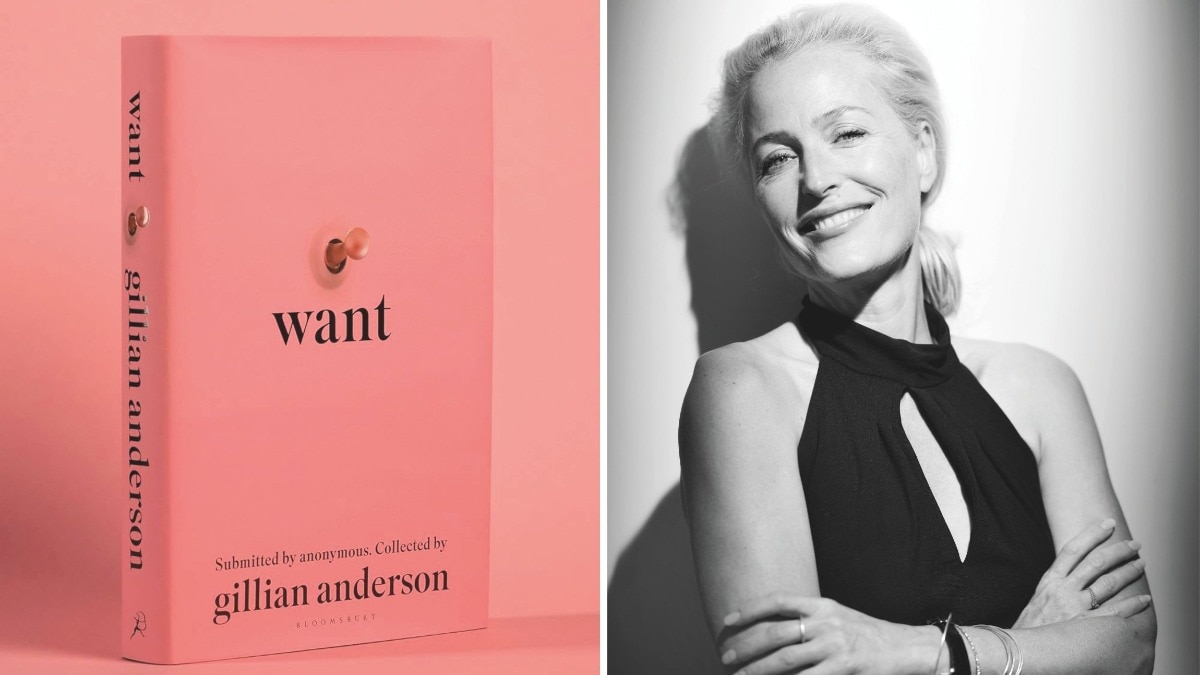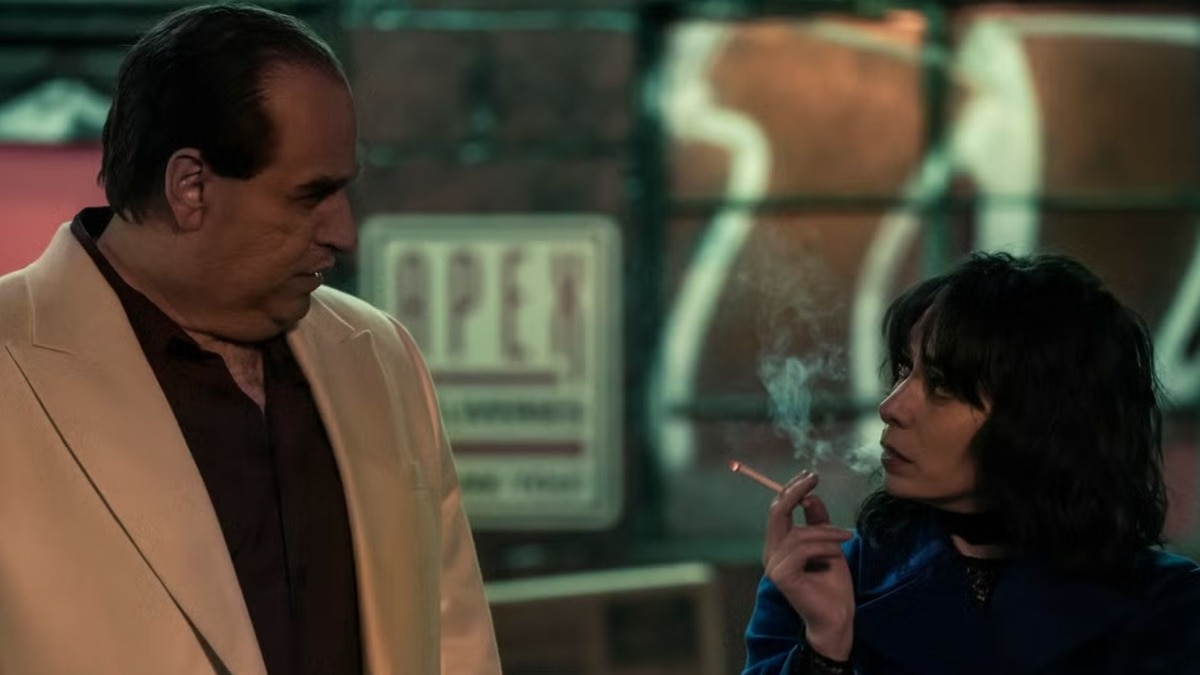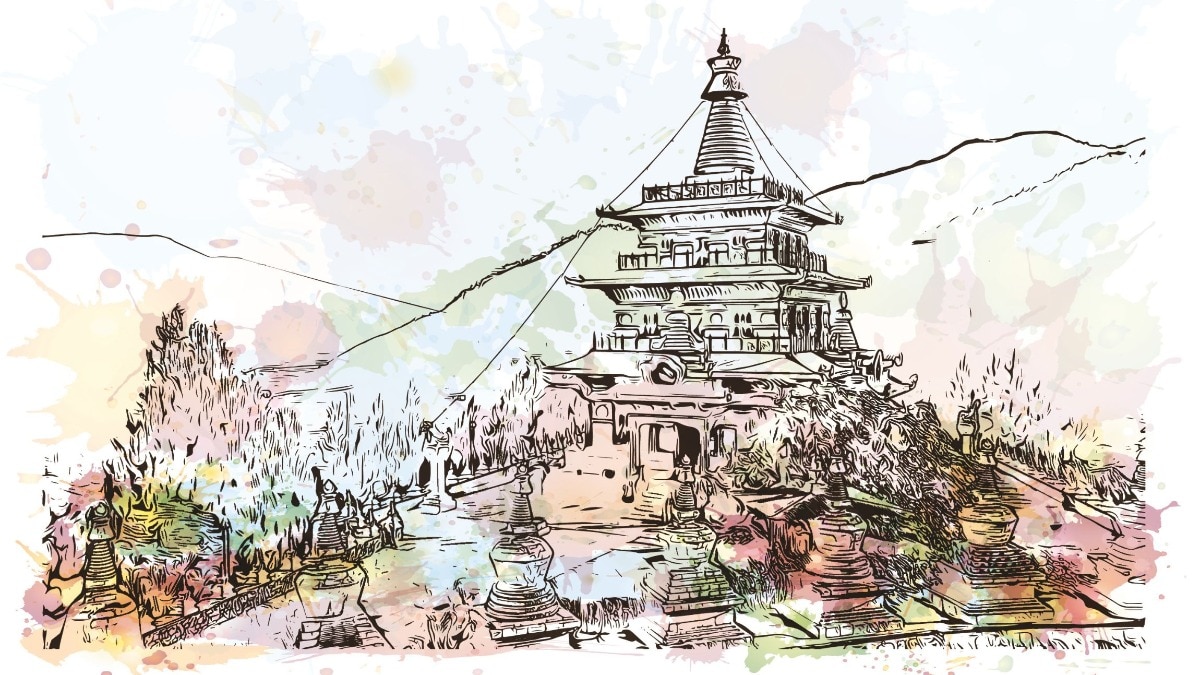
Major Radhika Sen on winning the UN Military Gender Advocate of the Year and what the award means to her
The Indian Army officer talks about her mission in the Democratic Republic of Congo and being emotionally invested in it, overcoming the biggest challenges, earning people’s trust, and more.

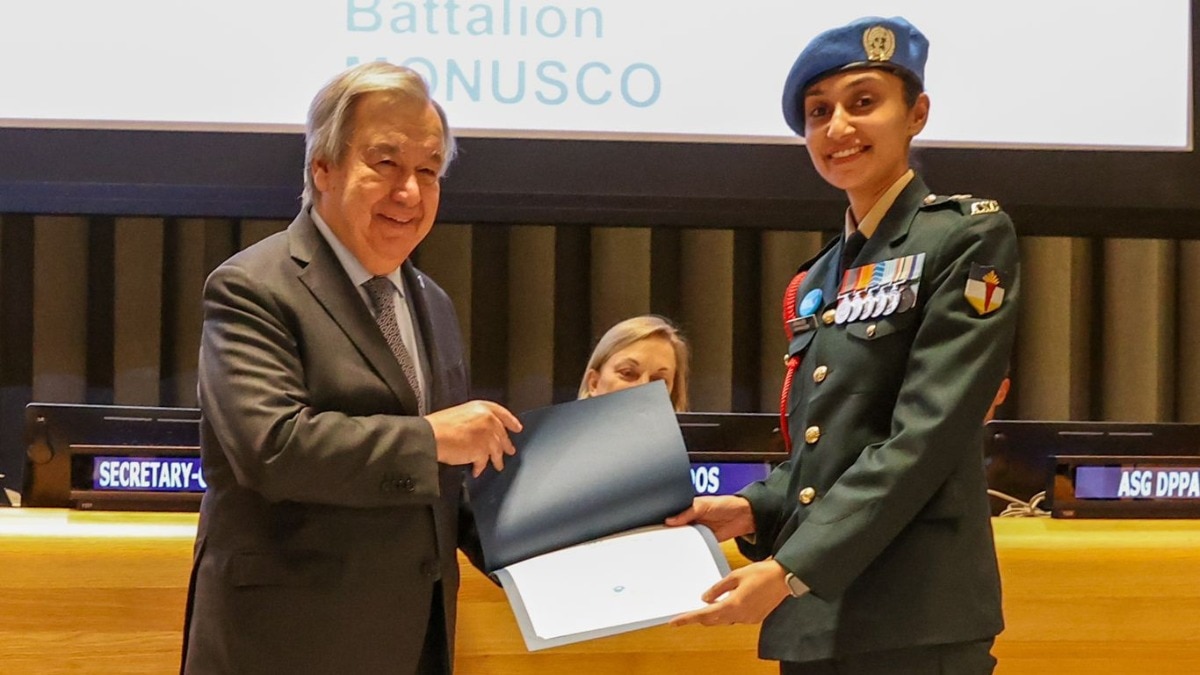
While the world dreams of peace and a community sans conflict, going about achieving it is easier said than done; impossible for some, but not for Major Radhika Sen from the Indian Army. Her efforts during a peacekeeping mission to the Democratic Republic of the Congo (MONUSCO) from March 2023 to April 2024, earned her the United Nations Military Gender Advocate of the Year Award 2023. As the Engagement Team Commander of the Indian Rapid Deployed Battalion, her contributions played an instrumental role in promoting gender equality and women's empowerment in the United Nations peacekeeping operations.
In an exclusive interview with Bazaar India, Major Radhika Sen speaks about her mission, the threats her team faced, seeing the first sign of change, and what keeps her going.

Harper’s Bazaar India: How did the mission cross your path and become a part of your role in the Army? How do you balance this with our other roles and responsibilities?
Major Radhika Sen: The Indian Army has a detailed and layered selection process for deployment on UN missions. The officers are selected based on their merit and capability. When you talk about the United Nations Peacekeeping Mission, it is entirely different from my current role in the Indian Army. You have to serve in another country and address the concerns of their people. The Indian Army prepares us with a lot of courses before we get inducted. They give us an overview of how the United Nations work, the organisations in operation under them, and how we must perform the task that we’re assigned.
HB: What does the award mean to you?
MRS: The award talks a lot about the peacekeepers who are working amidst the challenging environment of Democratic Republic of the Congo (DRC). At the same time, it speaks volumes of the professionalism and dedication of the Indian Army Peacekeepers who are employed all around the world. United Nations is promoting gender parity through various initiatives at its end. Due to this award, I was able to reach out to more people and be a role model for them.
HB: While you must have read up about the place, did the first few days shake you with respect to the atrocities that the civilians of Congo faced?
MRS: It was a reality check. That said, once we get selected, we undergo two weeks of training at CUNPK. It teaches us about the different missions around the world, how things are working in your particular mission (the Democratic Republic of the Congo in my case), the history of the mission, and how it has progressed over the years. We have data from the military and civil counterparts, and documentaries that show us the on-ground reality. Once we started operating in DRC, there was a strong support structure that helped us negotiate troubled waters.
HB: Does a peacekeeper need to be emotionally and personally invested or must they draw a line when they’re on such a mission?
MRS: Being a woman, it was very difficult not to be emotionally involved. Somewhere, it helped me understand the problems of affected people better and make efforts. When you are working for the people and their welfare, the limit of personal investment can never be measured. You will always give your best. As you are aware of the situation in DRC, it was sometimes very difficult to resolve issues at our end. But that wasn’t the end of it. We ensured that all the UN agencies in the area came together to find a solution and improvise it.

HB: What were the major challenges that you faced when you spoke to the civilians in Congo?
MRS: There are many challenges when you work in a new area. The language was one; the locals speak French and Swahili and we always had a language assistant. We were able to overcome it because we’ve trained our troops in the local language. This helped us break the ice and made people realise that we’re making an effort. The second challenge was to extract the security concerns of the people. If you talk to people initially, they will always highlight the humanitarian concerns. But when you go as a peacekeeper, you need to know what their security concerns are.
HB: Change never comes fast and it isn’t easy. Was there any initial resistance from the civilians?
MRS: When we started working, there was no freedom of movement. So, we started engaging with the key leaders and women groups within the UN bases. The problems conveyed by them were humanitarian. We wanted to help them with their security as well. Getting to know these problems was a challenging task. Secondly, they always said no when we asked them if we could move out of our base. This was the resistance from these key leaders towards us and our roles.
HB: It was crucial to earn their trust. Could you shed light on how you managed to overcome this?
MRS: Winning someone’s trust is always a two-way communication. We listened to their issues and ensured that feedback was always given to them about our previous meetings. Slowly, we started talking to the civilian population at the ground level and understood their problems. We provided women a safe space inside our bases where they could speak up openly about their security issues. We started engaging with people with employment-skill training that showed people that we’re making an effort to improve their lives. There were many permutations and combinations that we tried, and efforts via many channels helped us gain their trust.

HB: What were the first signs that things are changing?
MRS: The very first sign of change was us being allowed to move in the civilian area and their hatred reducing. People welcomed us and were happy to share their concerns. When their concerns shifted from humanitarian to security, we understood that people had taken our input and were ready to share their problems with us.
HB: What were the threats that you needed to be careful about?
MRS: The threat, primarily, was when we moved out of the base. Then there were others like ration not reaching our location or people raising slogans against outside the UN base, but since my role was to go out and get situational awareness of things on-ground, those were the major threats for me.
HB: You had to be empathetic and sensitive to not miscommunicate anything. Could you shed light on that?
MRS: One of the key rules we followed was to not make promises we cannot keep. For us, two-way communication meant that even if there was something that we were not able to address, we would convey it to the public and were very blunt about it. We never wanted to portray a picture that wasn’t real.
HB: Could you tell us about your team and how you made them work to the best of their abilities to make this such a successful mission?
MRS: We were a team of two officers and 30 other ranks that comprised of men and women. During induction, there is a special training for the other ranks (pre-deployment training) for a month. The soldiers are taught about the mission area, the roles that they will be performing, agencies that will be working in the mission, history, culture, and progress of the mission. There is also a special training for the engagement platoon—conducted by the CUNPK (Centre for UN Peacekeeping), where they are taught about their roles in the mission. The officers undergo the training for two weeks. Once you get deployed, there are several post-deployment training sessions by the United Nations. Before going for any engagement, we would ensure there were detailed briefings, what is our role and task, and what is expected out of us, and then once we return we would have detailed de-briefings so that everyone is prepared to undertake the next step.

HB: How have they motivated you to keep fighting for positive change and making a difference?
MRS: When we saw the ground reality, we realised that people, due to the conflict, were suffering for decades. The kind of violence that they’ve faced is something one cannot imagine. When we visited the IDP camps, other organisations were trying to understand the concerns of the people. These people would convey their problems with the same patience to every group. So they all are making an effort to move out of the situation. They would take our employment training with a very healthy and happy mindset where they want to come and learn new things. It was their endeavours that pushed and motivated the team.
HB: You have a Bachelor's degree in Engineering in Biotechnology and were pursuing your M Tech from IIT Bombay. How did the switch to the Indian army take place?
MRS: I’ve always wanted to serve my country. Yes, I wanted to be a scientist, but when this opportunity came to me, my parents motivated me and I realised that there is no better way to serve a country than to be a part of the armed forces. I’m very grateful that I got selected. At the same time, I wanted to serve humanity. The Indian Army gave me the opportunity and the training to do so. There is no better feeling than to be part of such a prestigious organisation.
All images: @adgpi
Also read: Meet these Indian women disrupting the world of art and cinema
Also read: Remarkable women from the past we need to remember
Also read: Women’s Day Special: 14 empowering movies to binge watch
Also read: Four women leaders on navigating gender biases and discrimination in their fields

